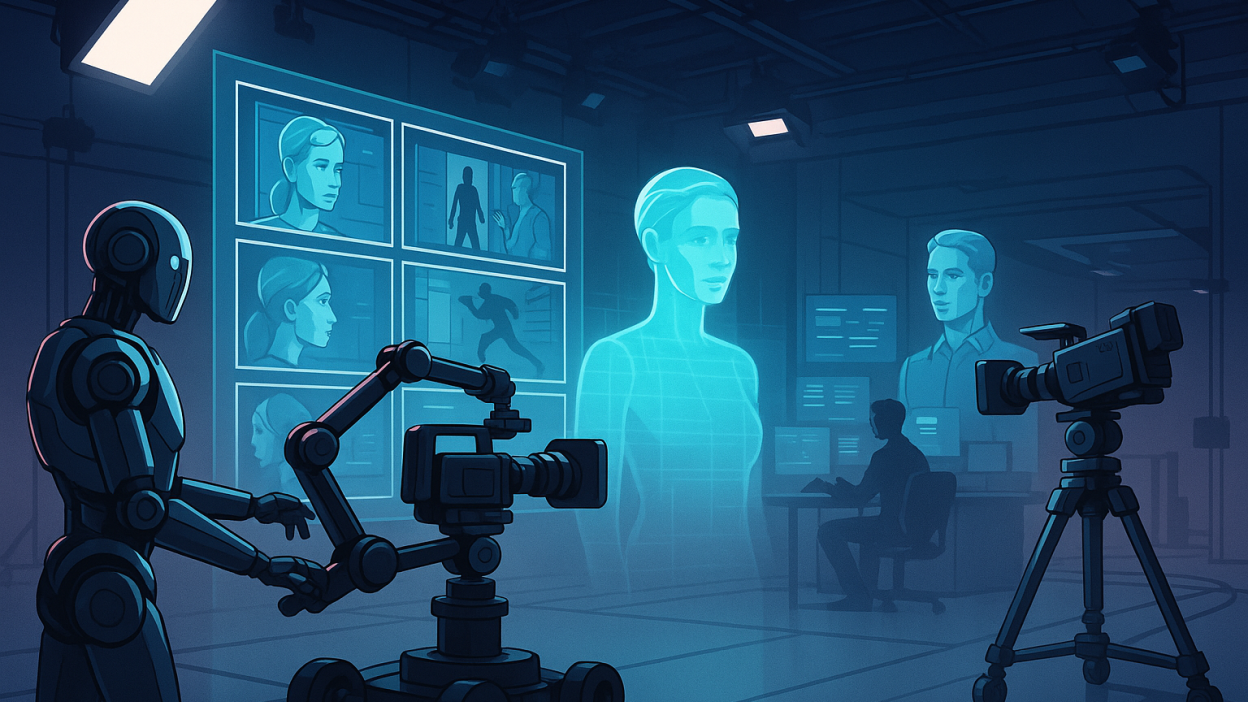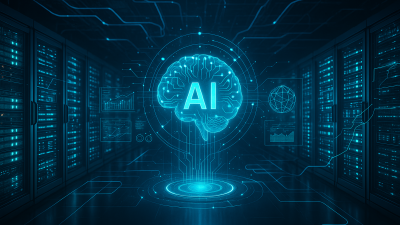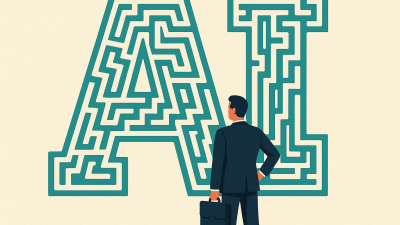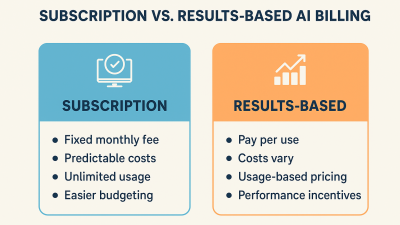Hollywood has always been the epicenter of storytelling innovation, yet even this storied industry is being reshaped by technology. Generative AI, once considered a niche research tool, is now entering studios and production houses, promising to redefine how films, series, and digital content are created. From AI-assisted scriptwriting to virtual actors and automated visual effects, these technologies are accelerating creative workflows while raising ethical and practical questions. For both creators and audiences, understanding this shift is essential.
Speed Meets Creativity
One of the first points of contact between generative AI and Hollywood is in storytelling itself. Startups are offering tools capable of drafting screenplays, suggesting dialogue, and even plotting story arcs. Unlike traditional software, these AI systems can analyze thousands of past scripts, identifying patterns that resonate with audiences.
For writers, this does not replace creativity—it enhances it. By automating mundane tasks like formatting or generating multiple plot variants, AI frees writers to focus on character development, thematic depth, and emotional resonance. Several early collaborations have already demonstrated faster turnaround times for short films and pilot episodes, providing a tangible competitive edge.
Redefining Production Efficiency
Generative AI is also transforming post-production. Visual effects (VFX) and animation, traditionally labor-intensive and costly, can now be partially automated. AI can create realistic backgrounds, animate characters, and even simulate complex lighting scenarios.
For major studios, this means faster production timelines and reduced costs. For independent filmmakers, it democratizes access to high-quality visual effects, leveling the playing field and encouraging experimentation. However, reliance on AI-generated visuals also requires careful oversight to maintain artistic integrity and avoid uncanny or artificial results that could break audience immersion.
Creative Opportunities and Ethical Dilemmas
One of the most provocative applications of AI is the creation of virtual actors. Studios can digitally resurrect actors, generate entirely new personas, or create digital doubles for stunts and reshoots. This technology offers unmatched flexibility in production scheduling and creative storytelling.
Yet, it raises significant ethical and legal questions. How do we secure consent from actors, especially posthumously? Who owns the rights to a digital likeness? Hollywood is grappling with these issues, balancing innovation with responsibility. The answers will shape how AI is integrated into mainstream productions.
Opportunities: Efficiency, Experimentation, and Accessibility
Generative AI offers tangible benefits across the industry:
-
Efficiency: AI reduces repetitive labor, streamlining production workflows.
-
Creative Experimentation: Filmmakers can explore multiple narrative and visual styles quickly.
-
Accessibility: Independent creators gain tools previously limited to well-funded studios, fostering diversity and innovation.
Startups and studios alike are testing AI-assisted trailers, marketing content, and animated sequences, highlighting how technology can enhance both speed and quality without compromising the storytelling core.
Ethics, Bias, and Human Oversight
Despite the promise, AI integration is not without challenges:
-
Authorship and Copyright: Determining ownership of AI-generated scripts and visuals remains complex.
-
Bias and Representation: AI models trained on limited datasets can inadvertently reinforce stereotypes or produce culturally insensitive content.
-
Job Displacement: While AI complements human labor, concerns exist for writers, animators, and VFX artists.
Industry leaders emphasize that AI should be used as a collaborative tool rather than a replacement for human creativity, ensuring that the technology enriches rather than diminishes the craft.
Hollywood and Beyond
The impact of generative AI is not confined to Hollywood. International studios in Europe and Asia are also adopting AI to localize content, optimize production, and accelerate storytelling. These innovations suggest a global trend toward more efficient, audience-driven, and technologically integrated filmmaking.
At the same time, studios in the U.S. are cautious, often implementing AI tools gradually to maintain creative control and protect intellectual property. The combination of global experimentation and localized oversight will define the next era of cinematic innovation.
A New Creative Frontier
Generative AI is poised to transform Hollywood, offering both unprecedented opportunities and formidable challenges. By automating labor-intensive tasks, enhancing creative exploration, and democratizing access, AI has the potential to reshape the entertainment industry profoundly. Yet, human oversight, ethical considerations, and thoughtful collaboration remain essential. For creators, studios, and audiences, the emergence of AI in Hollywood is less about replacement and more about amplification—enhancing imagination while navigating the complexities of technology-driven creativity.
FAQs
Q1: Can AI completely replace human writers in Hollywood?
A1: Not entirely. AI excels at pattern recognition and suggestion but lacks emotional depth and cultural nuance. Human oversight remains crucial.
Q2: Are virtual actors legal to use in films?
A2: Legal frameworks are evolving. Consent from original actors or estates is required when replicating likenesses.
Q3: How much does AI reduce production costs?
A3: Estimates suggest up to 30–50% reduction in certain post-production and animation workflows, depending on scale.
Q4: Is generative AI accepted by audiences?
A4: Early adoption is promising, but transparency and storytelling quality significantly influence reception.
Q5: Which Hollywood studios are using AI currently?
A5: Several major studios, including Warner Bros. and Universal, are experimenting with AI for script analysis and visual effects.
Q6: Are there risks of AI bias in films?
A6: Yes, biased training datasets can result in stereotyped characters or narratives, emphasizing the need for human review.
Q7: Can independent filmmakers benefit from generative AI?
A7: Absolutely. AI tools democratize access to advanced visual effects, scriptwriting assistance, and marketing analytics.
Q8: What is the future of AI in Hollywood?
A8: AI will increasingly complement human creativity, enabling more experimentation, faster production, and personalized content for global audiences.
Stay updated on the intersection of AI and entertainment. Subscribe to our newsletter for insights on generative AI, Hollywood trends, and emerging creative technologies.
Note: All logos, trademarks, and brand names referenced herein remain the property of their respective owners. The content is provided for editorial and informational purposes only. Any AI-generated images are illustrative and do not represent official brand assets.



